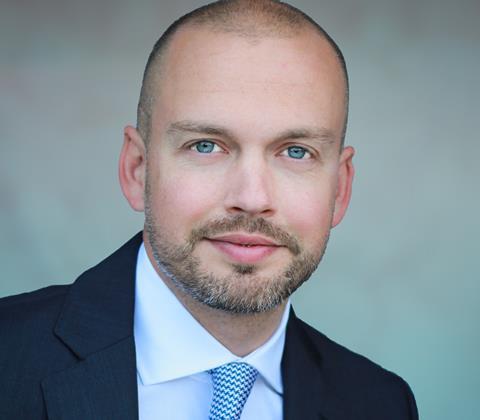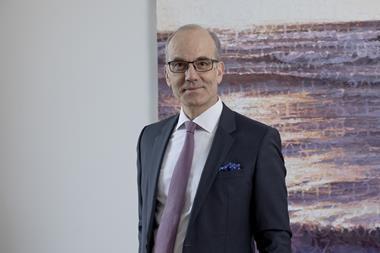There has been a surge in senior ESG specialists looking for new roles after realising their employers aren’t as serious about sustainability as they claimed, according to a headhunter in the space.
Tom Strelczak, founder of TWS Search, said that he had received more enquiries from potential candidates in the first quarter of 2024 than at any time over the past five years, with “some people starting to feel like their big sustainability job is actually just a glorified risk management function”.
After a hiring frenzy at the start of the decade, activity in the ESG space has slowed considerably over the past year – partly because of the high-profile clampdown on sustainable investing by politicians and lobby groups in the US, which has made many asset managers nervous about pursuing, or even discussing, their environmental and social ambitions.
“Some places have hired so much, and now there’s a bit of a downturn in the noise around ESG, team leaders have been left holding one of the largest cost centres their institution has built over the last decade, and they don’t know how to demonstrate its value,” said Strelczak.

Stewardship skill interest wanes
He added that this emphasis on short-term commercialisation had also led to more demand for research-oriented expertise, which can be used to develop products and construct portfolios, and less interest in those with stewardship skills.
“We were involved in hiring a lot of people from NGO backgrounds, who saw their salaries double – or even triple – when they moved into asset management,” Strelczak told IPE. “They joined because they believed all the glitzy marketing spiel from the CIOs and CEOs of some of these firms, who were happy saying anything about ESG at that point.”
He added: “But as soon as the going got a bit tough, especially for US-centric asset managers, they stopped shouting from the rooftops, and those senior recruits realised there was a clear limit on how much impact they can actually have. So they’re looking to move somewhere where they don’t have to content with waning levels of commitment to ESG.”
Strelczak said that this didn’t necessarily mean they were hoping to land jobs at dedicated impact or ethical investment houses. Instead, they were looking for places where they “can actually be heard”, including asset managers with sustainability research embedded through the business, as opposed to in a centralised function; or those who have built ESG teams with investment qualifications, so they can communicate effectively with the rest of the business.
Read the digital edition of IPE’s latest magazine























